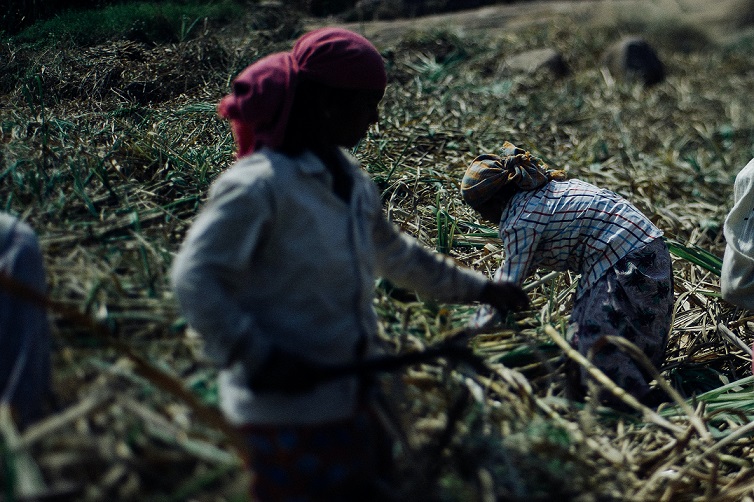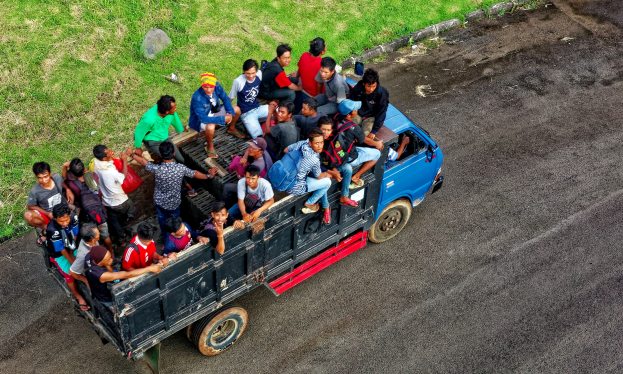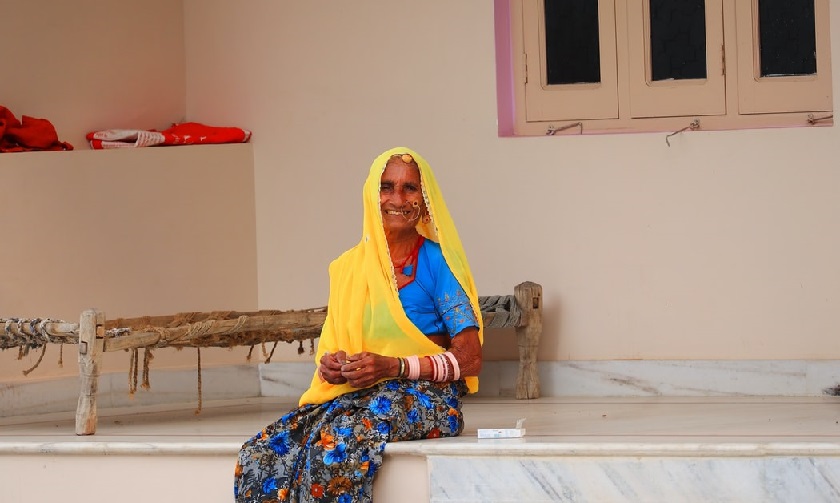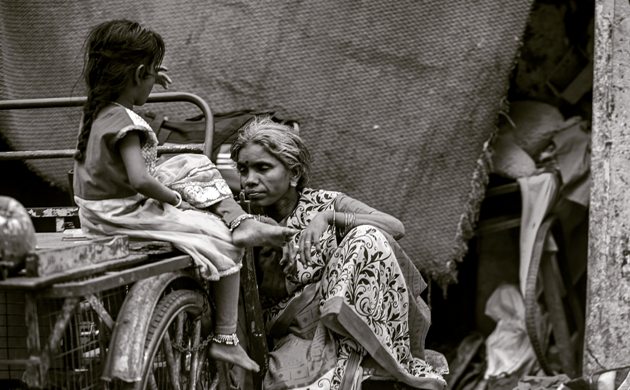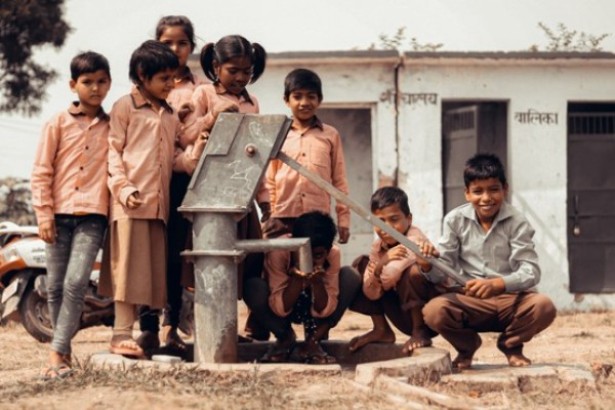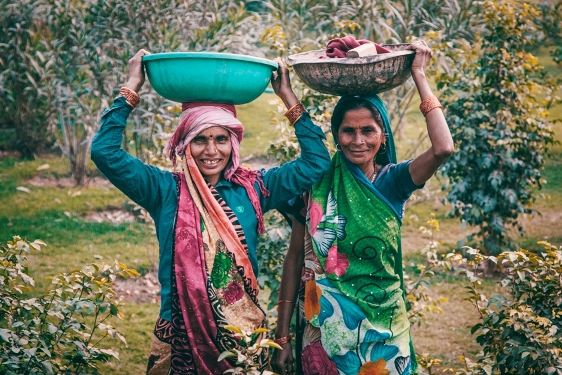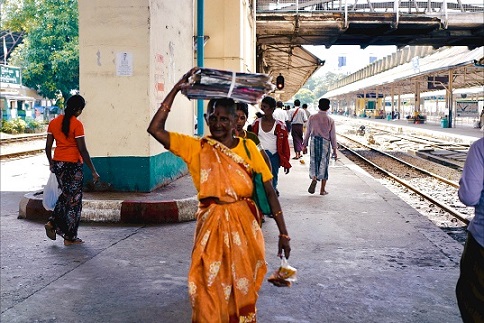Ensuring equal pay for women is not only a matter of fundamental fairness but also a powerful driver of economic development. Closing the gender pay gap contributes to increased household income, reducing poverty rates, and fostering economic stability and a more equitable distribution of resources. When women receive fair compensation, they are more likely to invest in education and contribute to a skilled workforce, enhancing productivity and innovation.
